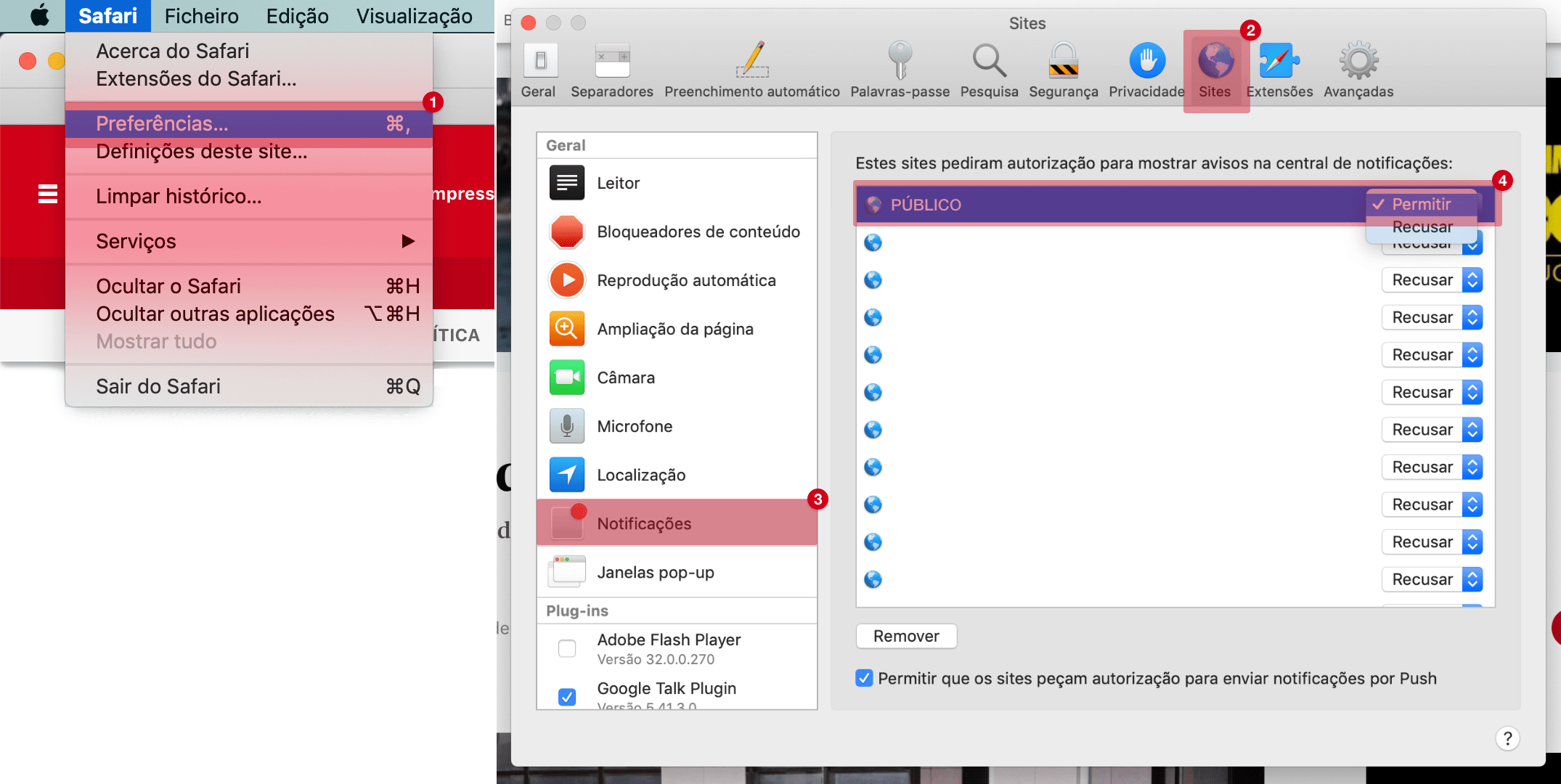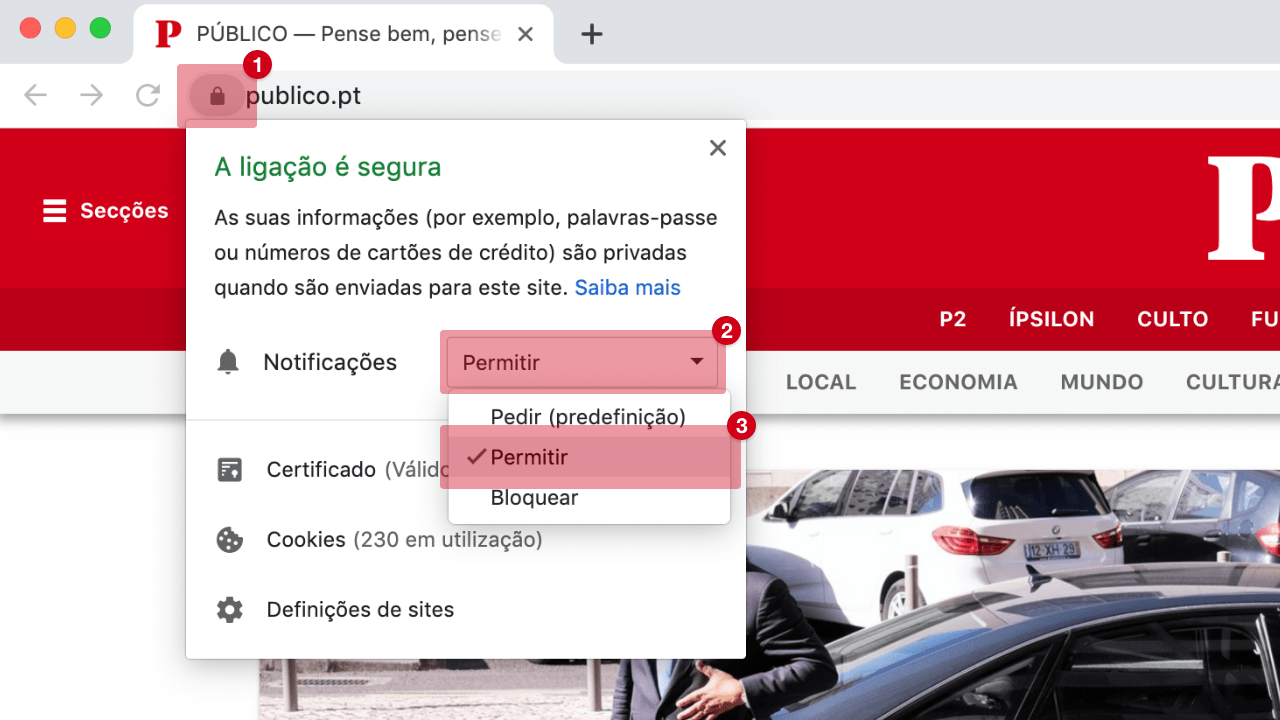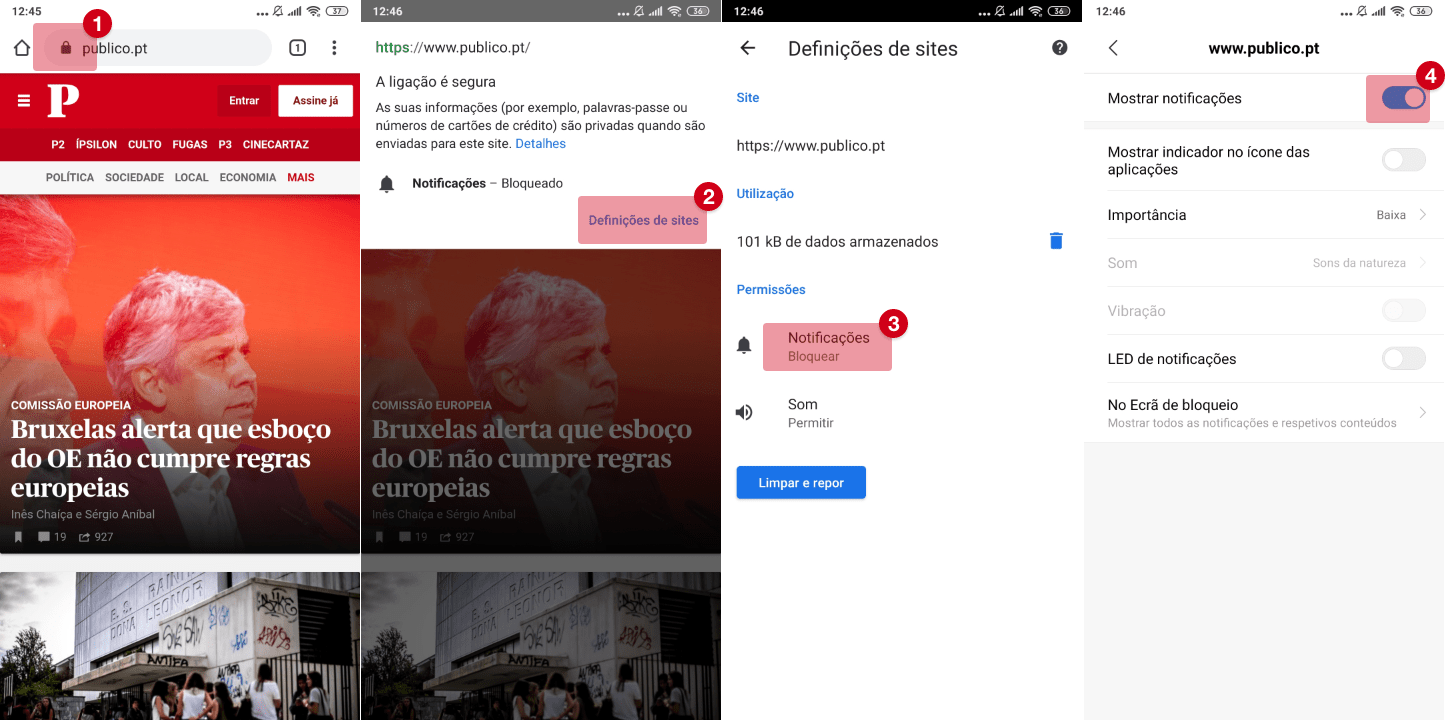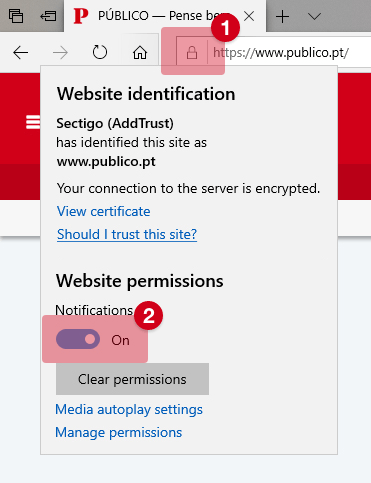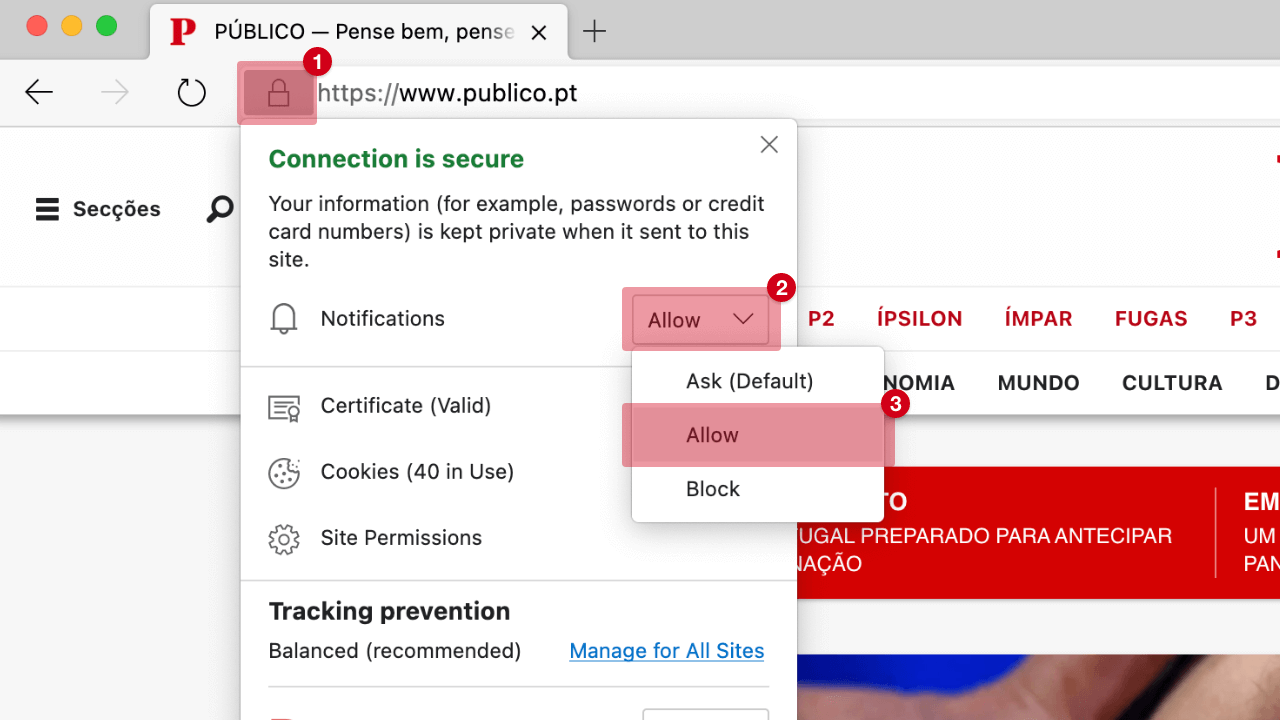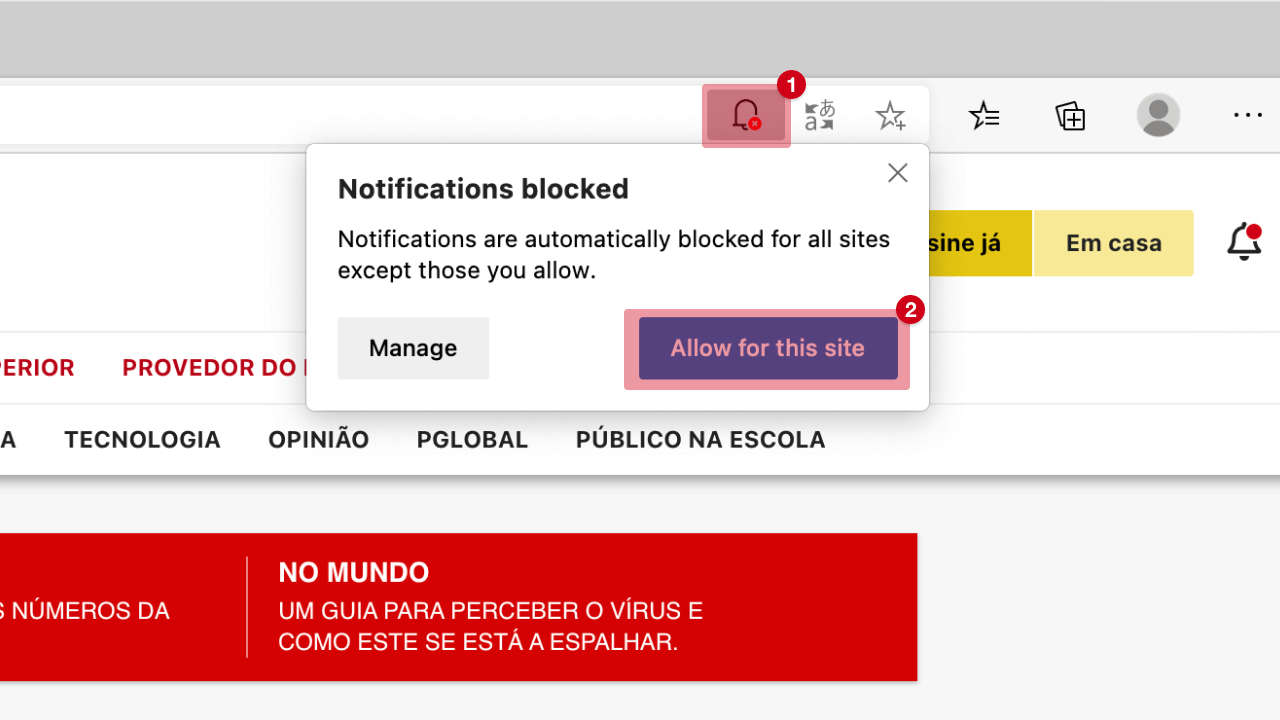“Estados Unidos da Amnésia”: a memória de Moises Saman sobre a invasão do Iraque
O Ípsilon conversou com o fotojornalista da Magnum Photos Moises Saman, autor do livro Glad Tidings of Benevolence, que reúne 20 anos de imagens produzidas no Iraque durante e após a guerra.
A 20 de Março de 2003, no topo do Hotel Palestina, em Bagdad, o fotojornalista Moises Saman assistiu à primeira descarga de artilharia das forças norte-americanas sobre o país então governado por Saddam Hussein. Tinha assim início a operação intitulada Liberdade Iraquiana, uma intervenção militar justificada pela “certeza” de que o país do Médio Oriente teria na sua posse armas de destruição maciça e que manteria ligações com o grupo Al-Qaeda – o mesmo que, em 2001, reclamou responsabilidade pelo ataque terrorista de 11 de Setembro, que vitimou, em solo americano, quase três mil pessoas. As certezas não passavam, afinal, de suspeitas, que se revelariam infundadas.
O contributo do PÚBLICO para a vida democrática e cívica do país reside na força da relação que estabelece com os seus leitores.Para continuar a ler este artigo assine o PÚBLICO.Ligue - nos através do 808 200 095 ou envie-nos um email para assinaturas.online@publico.pt.




